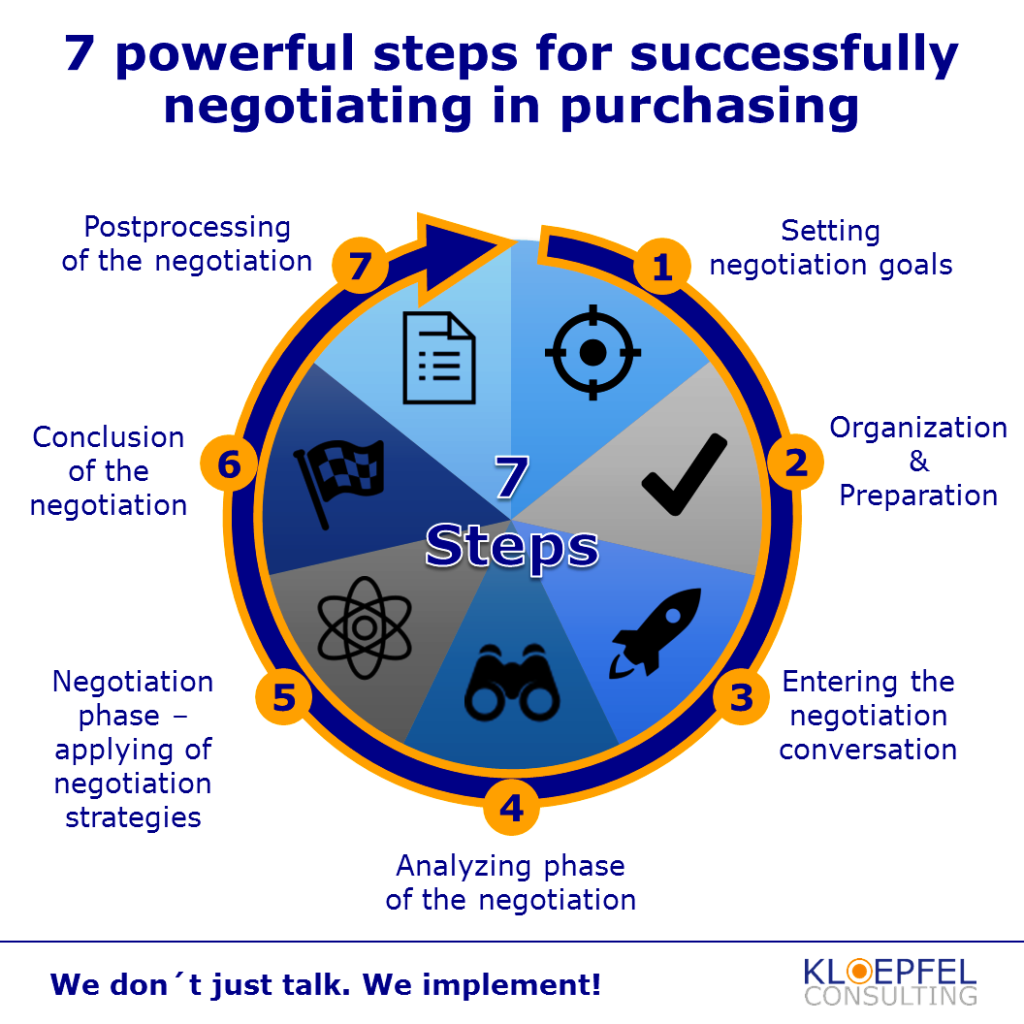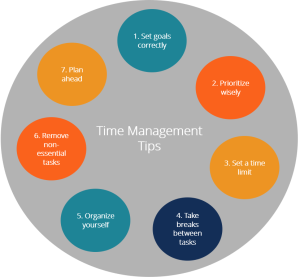
Effective negotiation skills are essential in the tech industry, where collaborations, contracts, and deal-making play a vital role in driving success. Whether you’re negotiating a contract with a potential business partner, discussing terms with a vendor, or even working out disagreements within your team, mastering negotiation strategies can significantly impact the outcome. In this article, we will delve into some proven strategies for successful negotiations in the tech niche.
1. Preparation is the Key
Before entering any negotiation, it is crucial to be well-prepared. Start by identifying your goals and objectives. Understand what you want to achieve and what you are willing to compromise on. Research your counterparts to develop a clear understanding of their needs, constraints, and potential negotiation tactics. Gathering relevant information and data will give you a strong foundation to build upon.
Moreover, determine your Best Alternative to a Negotiated Agreement (BATNA). This is your backup plan in case negotiations fail. Having a solid BATNA strengthens your negotiating position, allowing you to make informed decisions during the negotiation process.
2. Actively Listen and Communicate Effectively
Listening is a critical skill during negotiations. Actively listen to your counterpart’s needs, concerns, and objectives. Demonstrate empathy and understanding, as this will help build rapport and create an atmosphere of collaboration. Effective communication entails clear and concise expression of your thoughts, expectations, and desired outcomes. Use strategic language that conveys your expertise and professionalism, while remaining respectful and open to different viewpoints.
Utilize active listening techniques:
Maintain eye contact and non-verbal cues to show attentiveness.
Ask clarifying questions to ensure a comprehensive understanding.
Rephrase their statements to confirm comprehension and foster agreement.
3. Establish Mutually Beneficial Solutions
Negotiations should not be solely focused on winning. Aim for a win-win outcome that leaves both parties satisfied with the agreement. Strive to understand the underlying interests and motivations of your counterpart. By seeking areas of mutual interest, you can develop creative solutions that satisfy both parties’ needs. Finding common ground helps build trust and fosters long-term relationships, increasing the chances of collaboration in the future.
4. Effective Use of Persuasion Techniques
Negotiation often requires persuasion to sway your counterpart’s opinion in your favor. Use compelling arguments and logical reasoning backed by data and statistics. Highlight the potential benefits and advantages of your proposal, demonstrating its value and relevance. However, be mindful not to come across as forceful or manipulative. Employing ethical persuasion techniques can facilitate consensus-building and cooperation.
5. Stay Calm and Emotionally Intelligent
Emotions can derail negotiations, leading to impulsive decisions and potential conflicts. It is crucial to stay calm and composed throughout the negotiation process. Practice emotional intelligence by recognizing and managing your own emotions, as well as interpreting and addressing the emotions of your counterparts. Avoid personal attacks or becoming defensive when faced with tough questions or criticisms. Responding with professionalism and respect can help diffuse tense situations and steer negotiations towards productive conversations.
6. Aim for Long-Term Relationships
In the tech industry, maintaining valuable relationships is vital. While immediate results are important, building long-term relationships with your negotiating counterparts can lead to future collaborations, partnerships, and shared success. Focus on building rapport, trust, and integrity. Demonstrate reliability and follow-through on your commitments. By nurturing these relationships, you’ll position yourself for continued opportunities in the dynamic and ever-evolving tech industry.
Conclusion
Negotiation skills are indispensable in the tech industry, enabling professionals to secure favorable deals, maintain partnerships, and drive success. By preparing thoroughly, actively listening and communicating effectively, seeking mutually beneficial solutions, persuading ethically, staying emotionally intelligent, and prioritizing long-term relationships, you can enhance your negotiation outcomes and establish yourself as a tech industry leader.


